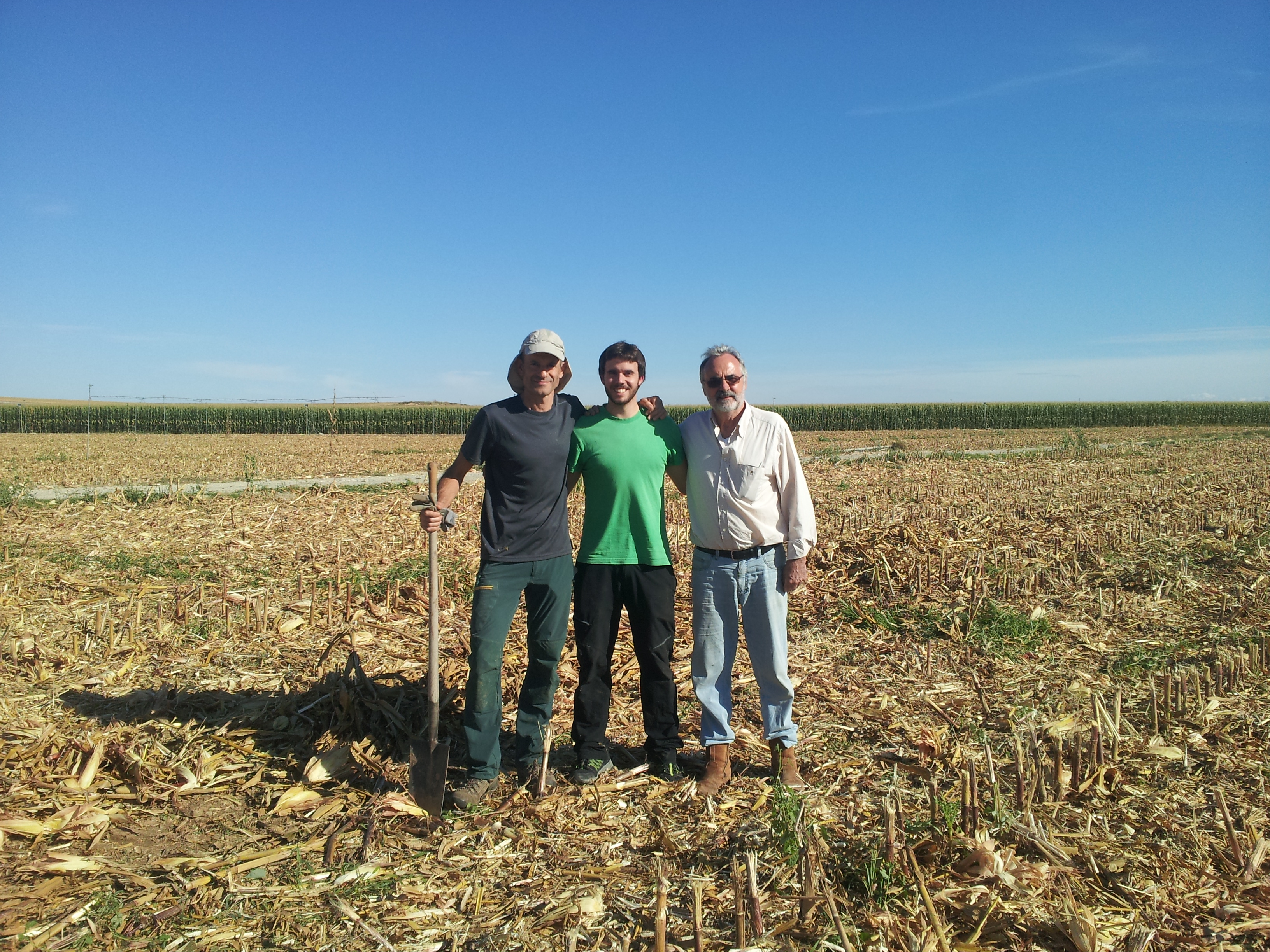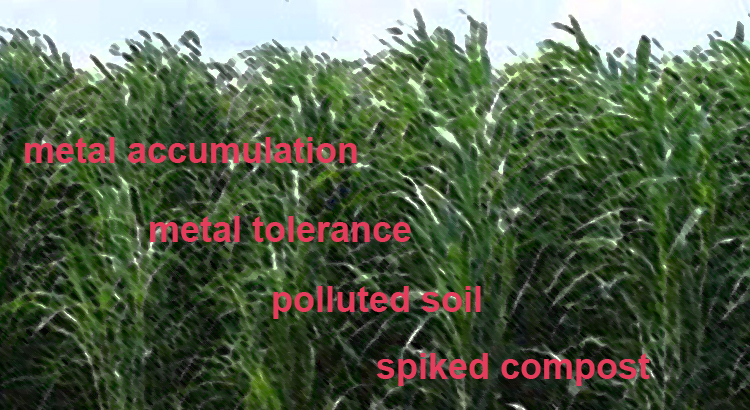Authors: Julen Urra, Iker Mijangos, Anders Lanzén, Jaume Lloveras, Carlos Garbisu
Journal: European Journal of Soil Biology
Vol: 88, 57-64
Date: 2018
The incorporation of stover into soil can bring beneficial effects in terms of soil fertility, stabilization of soil structure, maintenance of soil organic carbon, etc. We evaluated the effects, after 6 years of consecutive treatment, of corn stover incorporation versus corn stover removal on soil quality, using physicochemical and biological parameters as indicators of soil quality. Throughout the experimental period, soil organic carbon decreased as a result of stover removal (from 20.1 to 14.7 g kg⁻¹). Substrate-induced respiration and bacterial gene abundance decreased by stover removal over the same period (24.0 and 47.6%, respectively). Biolog EcoPlates™ data showed faster rates of D-xylose and D-mannitol utilization by the soil bacterial communities under stover incorporation. 16 S and 18 S rRNA Illumina sequencing data did not show significant differences in terms of microbial diversity and composition between stover incorporation and stover removal treatments. Finally, the incorporation of stover resulted in higher values (27.2% higher) of soil quality, as reflected by the value of a Soil Quality Index, which integrates the values of a variety of microbial indicators of soil quality. In conclusion, incorporation of stover after corn harvest is a beneficial agronomic practice which enhances soil N and C pools and stimulates microbial communities, leading to an increase in soil quality.




